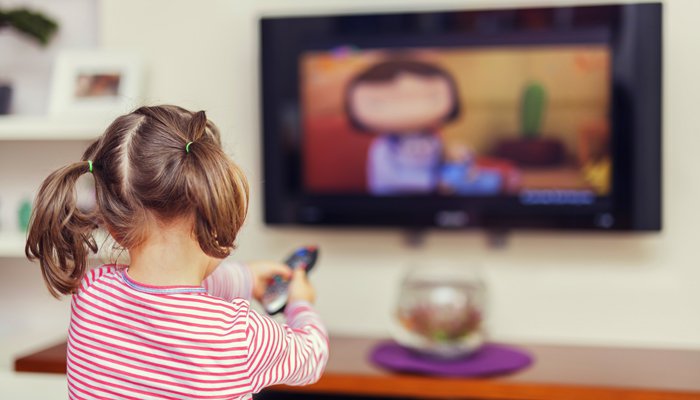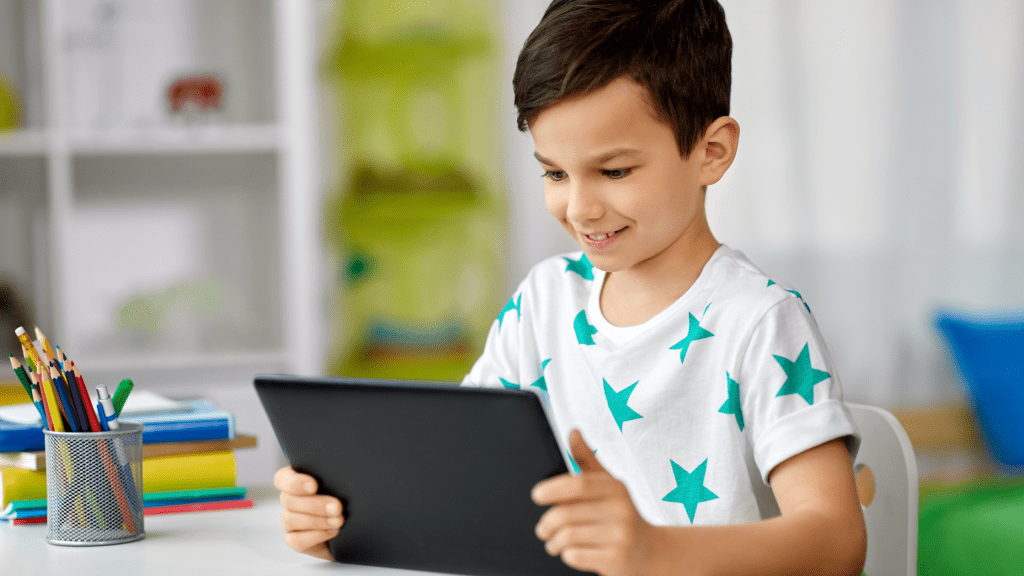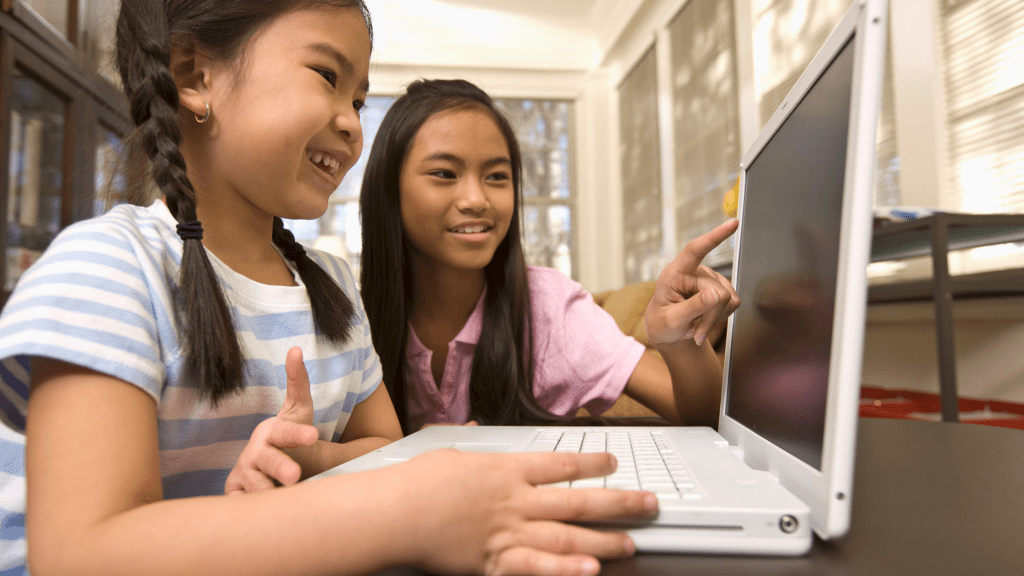
Children and technology: Positive and negative effects of technology
- Created:
7. 9. 2021 - Updated:
3. 10. 2023

Technology and interactive media are here with us and will stay in our lives. Children live in a world of interactive media. As we mentioned in the previous article, children want to have what their friends have, and above all what their parents have. Therefore, it cannot be expected that the child’s desire for technology will pass, it is necessary to solve this “problem”. The discussion about the defectiveness or miracle of digital technologies in connection with children and their development has been here for some time and is full of emotions. Some authors spread the concern and consider technology to be “toxic,” others see hope in the coming generation and speak of “digital natives” who will change the world. So what are the consequences of using technology? What are the real risks and real benefits of technology for children?

Negative Effects
For the child’s physical development, the position of the body when playing at the computer or phone may be inappropriate – for example, eyes too close to the screen, tilted head to the side or poor sitting. Frequent, long sessions of watching TV can lead to obesity, experts recommend limiting this viewing time. Interactive media (such as computers and smartphones) are less risky than television, you just need to be careful not to crowd out physical activity – sports, playing outside, etc.
Researcher and professor Susan W. Haugland do not recommend exposing children under the age of 3 to computers and other similar devices, stating that they “learn mainly through their bodies” at this age. In addition, other experts urge to set clear limits on the use of technology – they should not over-exploit the thought capacities needed in various areas of a child’s development. Edward L. Swing and his colleagues studied the effect of television and video games on attention problems in children aged 6 to 12. They concluded that these digital media are a risk factor for concentration. Therefore, he agrees with the recommendation of the American Academy of Pediatrics to use media for a maximum of two hours per day.
The effects on a child’s social development are very much related to the content that reaches children through TV or video games. Violence in any form – physical, neither verbal nor relational – should not appear in programs and games for younger children. From a family and social point of view, games that do not isolate children from others are better, allowing them to play together – the parent can and should share the experience with his child.

Positive Effects
Surely parents should be interested in how digital media can be used for the benefit of the child. Start with a motivational plane that offers itself – children naturally learn by playing. You may notice that downloading digital games at app stores grows rapidly. Also, the children themselves answer that they are most interested in games that are “fun”. This can be best used in the creation of educational games and the use of technology in education.
With a reasonably limited time for playing educational video games, it is possible to reduce the risks and, conversely, strengthen the positive effects on the development of thinking already in preschoolers. Smart games can adapt to the child and provide him with a reasonable challenge that will move him further. Development can be supported in a number of areas – research confirms, for example, the learning of pre-school concepts and the development of cognitive skills, the development of mathematical thinking or the promotion of problem-solving skills.
It turns out that quality games can bring children together and can improve how children behave. Children themselves prefer to play games with friends over playing alone. A unique study of three studies from the US, Singapore and Japan has confirmed that regardless of children’s culture or age, well-designed games can encourage prosocial behavior and improve foreign language speaking. If parents are interested in what children do with technology, it increases children’s motivation – the parent should actively communicate with the child about games and what the child enjoy.
Related Articles:
- Children and Technology: Rule 3-6-9-12
- Children and technology: Rules for the Use of Technology
- How To Raise a Child – Find Your Way
- How To Punish a Child
- How To Effectively Praise Your Kids








